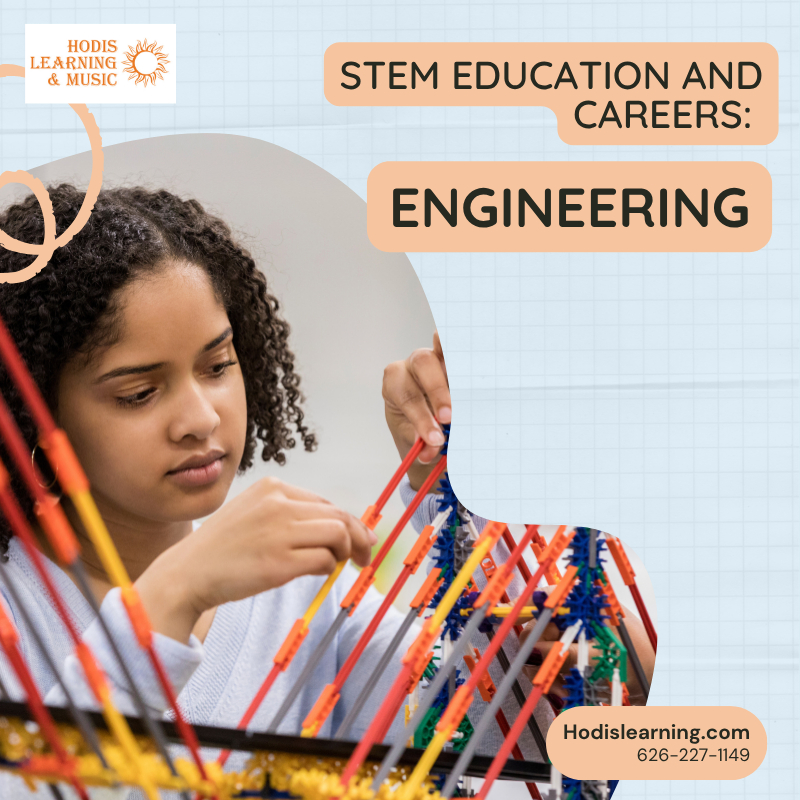For many students, the college application essay is one of the most intimidating parts of the admissions process. It may be intimidating, but it’s an opportunity to tell your story and let colleges know who you are beyond the grades and numbers.
We’ve got some tips to help you write an essay that stands out!
1. Start Early
The best essays don’t happen overnight. Give yourself plenty of time to brainstorm, write, revise, and reflect. Starting early means you’re less stressed, you have more time for feedback, and you can revise without rushing.
Even just jotting down ideas in a notes app can help you find inspiration.
2. Understand What Colleges Are Really Looking For
Admissions officers aren’t looking for a perfect student. They’re looking for a real person with perspective, voice, and values. Your essay should help them understand:
- What matters to you?
- How do you think or approach challenges?
- What makes you you?
3. Pick a Topic That’s Personal
The best topics are often everyday experiences, not big achievements. You don’t have to write about inventing something amazing or climbing a mountain to make an impact.
Think about moments when you learned something about yourself, faced a challenge, took a risk, or made a tough decision. If it’s meaningful to you, it’s worth writing about. The more familiar you are with the experience, the more you’ll have to write about.
4. Use Your Voice
Your essay should sound like you, not like a formal research paper. Don’t feel pressured to use overly fancy language or write what you think admissions officers want to hear. Speak from the heart. Be conversational but polished. Aim for sounding authentic over academic.
5. Answer the Prompt and Stay Focused
It sounds simple, but it’s easy to drift off-topic. Make sure your essay:
- Directly answers the prompt
- Stays focused on one central idea
- Has a clear structure (beginning, middle, end)
Admissions officers read hundreds of essays, so clarity and focus are essential.
Conclusion
At Hodis Learning & Music, our experienced tutors can help students brainstorm, refine, and polish their essays. If you’re feeling stuck or unsure where to start, we’re here to guide you every step of the way. Call us at (626) 227-1149 or submit a contact form to get started today!






